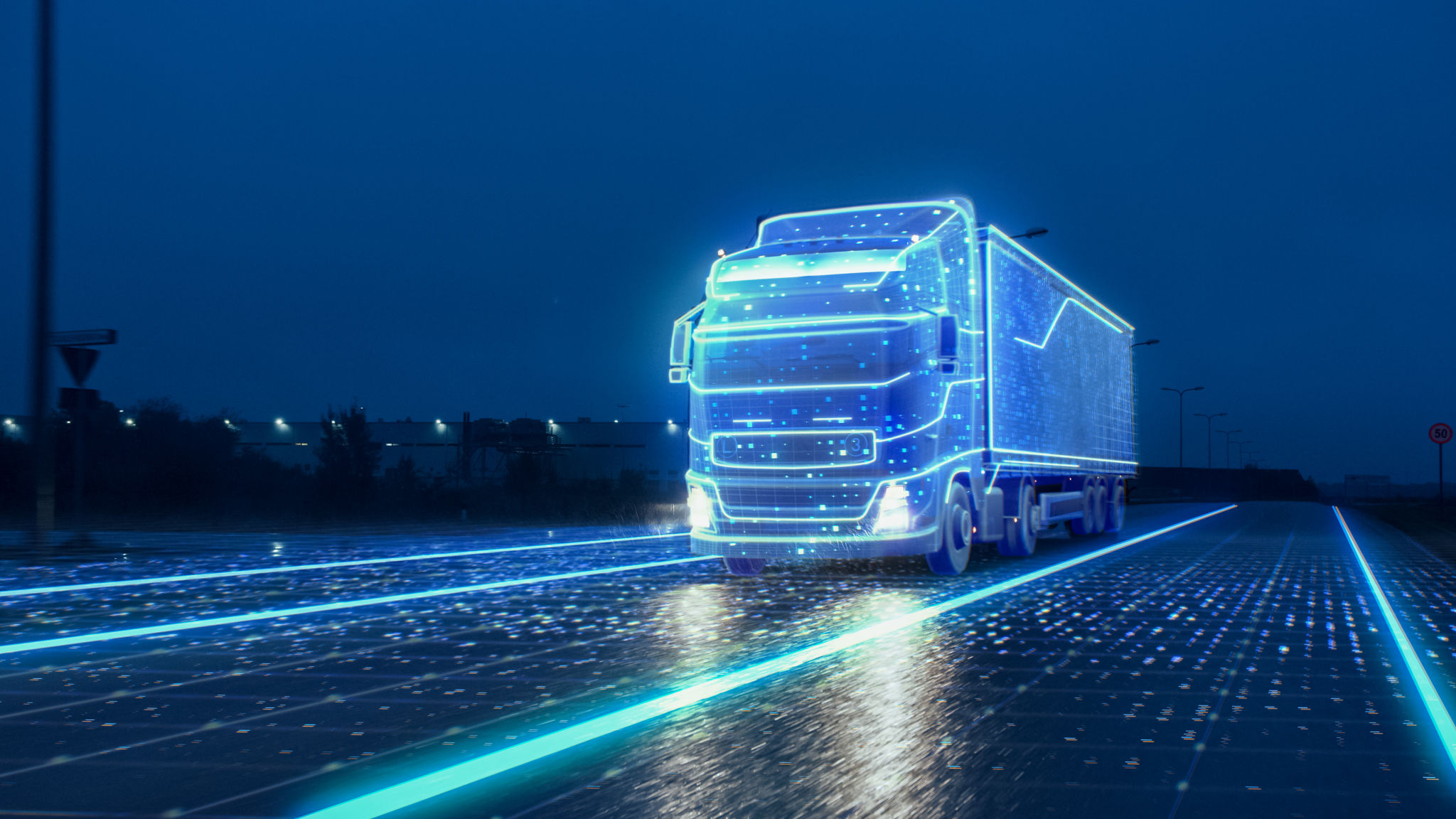The Role of Technology in Modern Trucking: Innovations Driving the Industry
Introduction
The trucking industry has long been a cornerstone of global commerce, responsible for transporting goods across vast distances. However, like many traditional industries, it is undergoing a significant transformation driven by the rapid advancements in technology. From enhanced safety measures to increased efficiency and sustainability, technology is reshaping the landscape of modern trucking.
Enhanced Safety Features
Safety remains a top priority in the trucking industry, and technological innovations are playing a crucial role in reducing accidents and improving driver safety. Advanced Driver Assistance Systems (ADAS) are being widely adopted, offering features such as lane departure warnings, automatic emergency braking, and adaptive cruise control. These technologies help mitigate human error, which is a leading cause of accidents on the road.

Telematics and Fleet Management
Telematics systems have revolutionized fleet management by providing real-time data on vehicle location, speed, fuel consumption, and driver behavior. This information allows fleet operators to make informed decisions, optimize routes, and reduce operational costs. Additionally, telematics can help in predictive maintenance by alerting managers about potential vehicle issues before they lead to costly breakdowns.
Autonomous Trucking
Perhaps one of the most talked-about innovations in the trucking industry is the development of autonomous vehicles. Companies are investing heavily in self-driving technology, aiming to improve efficiency and address the shortage of truck drivers. While fully autonomous trucks are not yet commonplace, semi-autonomous technologies are already being implemented, assisting drivers with tasks such as steering and speed control.

Fuel Efficiency and Alternative Energy
As environmental concerns grow, the trucking industry is seeking ways to reduce its carbon footprint. Technology is paving the way for more fuel-efficient engines and alternative energy sources. Electric trucks are gaining traction, offering a cleaner alternative to diesel-powered vehicles. Furthermore, advancements in fuel cell technology and hydrogen-powered trucks promise to revolutionize long-haul transportation in the near future.
Connectivity and Communication
The Internet of Things (IoT) is enhancing connectivity within the trucking industry. Smart sensors and devices enable seamless communication between trucks, infrastructure, and fleet managers. This connectivity facilitates better coordination, reduces downtime, and enhances overall efficiency. Moreover, IoT technology allows for real-time tracking and monitoring, providing valuable insights into supply chain operations.

Data-Driven Decision Making
The influx of data generated by modern trucking technologies is enabling data-driven decision-making processes. Big data analytics help companies analyze trends, forecast demand, and optimize logistics operations. By leveraging data, businesses can enhance customer satisfaction through improved delivery times and reduced costs.
Conclusion
The role of technology in modern trucking is pivotal in driving the industry forward. As innovations continue to emerge, they promise to make trucking more efficient, safe, and sustainable. Embracing these technological advancements not only benefits the industry but also sets the stage for a future where goods are transported more reliably and environmentally responsibly.